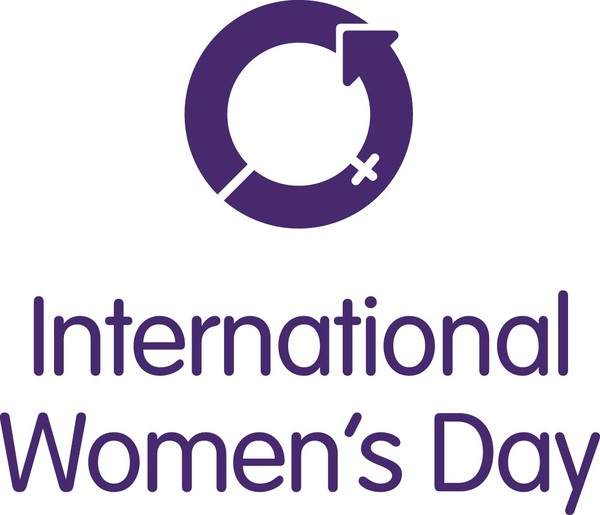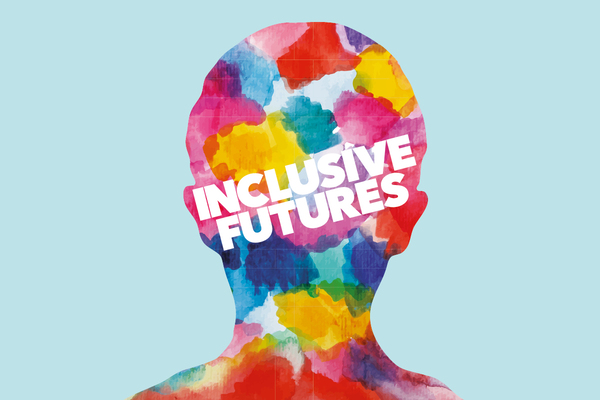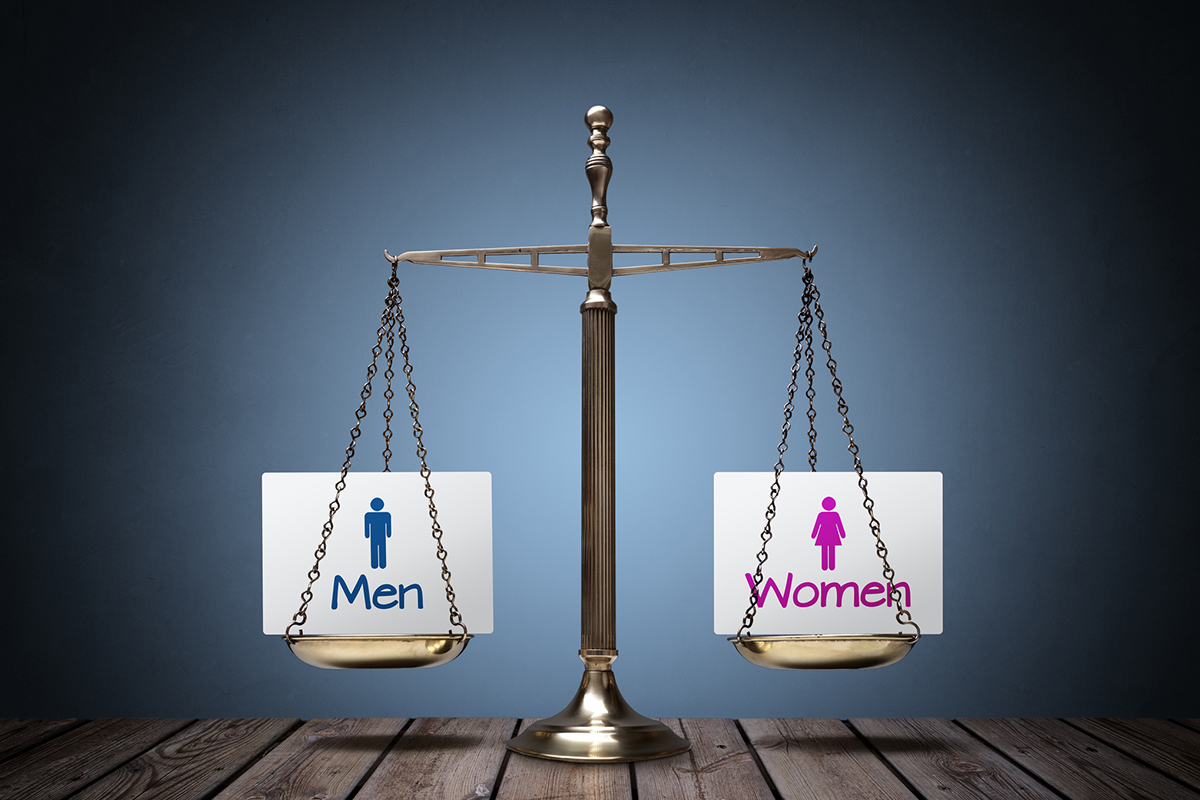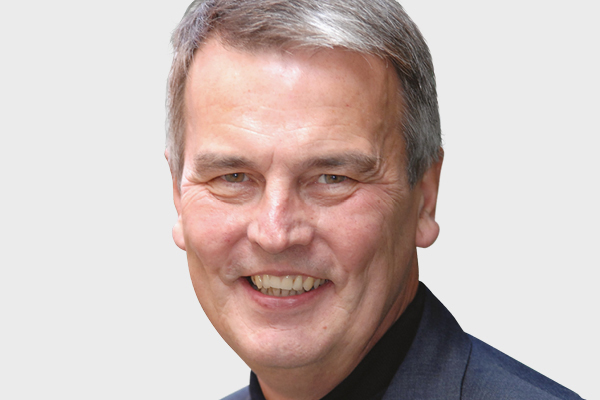You are viewing 1 of your 1 free articles

On International Women’s Day, let’s recognise that we have to push for change
We should celebrate the fact that the roots of the housing sector lie with pioneering women, but also recognise that much more needs to be done on gender equality, writes Terrie Alafat
Inside Housing’s Inclusive Futures campaign aims to promote diversity and inclusion among housing’s leadership teams
This International Women’s Day, it’s worth reflecting that the roots of our profession lie with pioneering women.
The formidable Octavia Hill’s vision for modern housing management was to make ‘lives noble, homes happy and family life good’.
After Octavia’s death, it was the women who had worked with her who established the Association of Women Housing Managers in 1916.
This was the first ever professional body for housing workers and indeed where the origins of the Chartered Institute of Housing (CIH) lie. No small achievement – especially as it would be another two years before women were given the vote.
Today, I am proud to lead the CIH and proud to be one of many women in a senior position in the sector.
Indeed, CIH has a proud track record of promoting women to prominent leadership roles – our governing board chair Geraldine Howley was also our president in 2015/16 and was succeeded by Julie Fadden and then Alison Inman.
“In today’s world it sometimes feels as if we take one step forward and then two steps back”
You certainly don’t need to look far to find examples of inspirational women in housing – from Alison, the driving force behind our Make a Stand campaign to tackle domestic abuse, to current vice president Aileen Evans, a tireless advocate of both the importance of genuinely affordable housing and supporting the next generation of talent.
For me, International Women’s Day is a chance to celebrate the achievements of so many amazing women, but also to reflect on what needs to change to ensure that all women have a chance to have fulfilling lives.
In today’s world it sometimes feels as if we take one step forward and then two steps back. I’m a 1970s feminist – then there was a real optimism that we would be able to have equality in the workplace at the same time as being able to raise families and pursue our own interests.
Globally, I watch with dismay how some of the legal advances that have been so hard won over the years are being turned back in my home country the U.S. for example.
In housing too we need to push forward and make changes. We know from our own research that as a sector, housing is actually more diverse than average – it employs a higher proportion of women, people from black and ethnic minority communities and people with a disability than average.
But at the top of our organisations, on our senior teams and boards, it’s a different story. Last year Inside Housing found that just nine out of 34 chief executive appointments at large housing associations since 2015 were women (and just two were from a BAME background).
Inside Housing’s Inclusive Futures research shows that while women make up 46 per cent of the UK workforce, they are under-represented on housing association boards (36 per cent), executive teams (39 per cent) and among chief executives (34 per cent).
Statistics like this are partly why we set up our Presidential Commission on leadership and diversity, to put together a series of practical recommendations and challenges for the industry, so we can make sure our decision-makers are representative of the workforces they lead and the tenants and communities they support.
So far 50 landlords have signed up to our ‘10 by 20’ challenges, and I would urge any organisation that hasn’t yet done so to follow their lead.
It’s not about increasing diversity for the sake of it. It’s about making our industry the best it can be by recruiting talent from the widest and most diverse range of backgrounds.
To support and empower existing staff, organisations should take a look at programmes like Leadership 2025.
"It’s not about increasing diversity for the sake of it. It’s about making our industry the best it can be by recruiting talent from the widest and most diverse range of backgrounds.”
This year, International Women’s Day once again falls in National Careers Week – we all have a responsibility to examine what we are doing to support the next generation of women in housing.
Of course, this isn’t just about housing professionals – housing is fundamentally a women’s rights issue.
I spoke at the first meeting of the Women’s Housing Forum earlier this year about how important it is to gather more evidence about women’s experience of housing in 2019 – especially as the evidence we already have demonstrates that that access to a safe, affordable home can be very difficult.
For example, residency tests in allocation schemes, when applied without any discretion, unlawfully discriminate against women who are victims of domestic violence. Women living in refuge accommodation are not automatically deemed as homeless, even though government guidance encourages councils to avoid treating such accommodation as settled.
We know too that women are disproportionately affected by the benefit cap, and research has highlighted the particular link between domestic abuse and female homelessness in the UK, specifically those who have to resort to rough sleeping.
We also need to reflect on how our sector responds to women who are experiencing domestic abuse – whether they are social housing residents or colleagues. That’s why our Make a Stand campaign, which calls on landlords to adopt four simple commitments, is so important.
From signing up to Make a Stand to committing to improve the diversity of our leadership, we all have a responsibility to examine the role we can play in helping women in our workforces, our homes and our communities lead safe, happy and fulfilling lives.
Terrie Alafat, chief executive, Chartered Institute of Housing
Inclusive Futures
Inside Housing’s Inclusive Futures campaign aims to promote and celebrate diversity and inclusion.
We are pledging to publish diversity audits of our own coverage.
We are also committed to proactively promoting positive role models.
We will do this through the pages of Inside Housing. But we will also seek to support other publications and events organisations to be more inclusive.
Our Inclusive Futures Bureau will provide a database of speakers and commentators from all backgrounds, for use by all media organisations.
We are also challenging readers to take five clear steps to promote diversity, informed by the Chartered Institute of Housing’s diversity commission and the Leadership 2025 project.
THE INCLUSIVE FUTURES CHALLENGE
Inside Housing calls on organisations to sign up to an inclusive future by taking five steps:
Prioritise diversity and inclusion at the top: commitment and persistence from chief executives, directors and chairs in setting goals and monitoring progress.
Collect data on the diversity of your board, leadership and total workforce and publish annually with your annual report. Consider gender, ethnicity, disability, sexuality, age, and representation of tenants on the board.
Set aspirational targets for recruitment to the executive team, board and committees from under-represented groups.
Challenge recruiting staff and agencies to ensure that all shortlists include candidates from under-represented groups.
Make diversity and inclusion a core theme in your talent management strategy to ensure you support people from under-represented groups to progress their careers.
THE CASE FOR CHANGE
34%
of housing association chief executives are female
1%
of housing association executives have a disability
1.6%
of housing association board members are LGBT
Women make up 46% of the UK workforce, but Inside Housing research found that they are under-represented on housing association boards (36%), executive teams (39%) and among chief executives (34%).
Almost a fifth of working-age adults have a disability (18%), yet associations reported only 1% of executives and 4.5% of board members with a disability. Many were unable to provide details.
Nationwide, 14% of the working-age population come from a BME background, climbing to 40% in London and Birmingham. Yet our research found that 6.8% of board members identified as BME, compared with 4.5% of executives.
Statistics on representation of LGBT people in the workforce are in short supply, but official statistics suggest that 2% of the total UK population identify as lesbian, gay or bisexual, rising to 4.1% for 16 to 24-year-olds. Our survey found that 1.6% of board members and 10 executives were LGBT – but most organisations were unable to provide figures.
INSIDE HOUSING’S PLEDGES
We will take proactive steps to promote positive role models from under-represented groups and provide information to support change.
We pledge to:
Publish diversity audits: We will audit the diversity of the commentators we feature. We will formalise this process and publish the results for future audits twice a year.
Promote role models: We will work to highlight leading lights from specific under-represented groups, starting in early 2018 with our new BME Leaders List.
Launch Inclusive Futures Bureau: We will work with the sector to compile a database of speakers, commentators and experts from under-represented groups. The bureau will be available to events organisers, media outlets and publications to support them to better represent the talent in the sector.
Take forward the Women in Housing Awards: Inside Housing has taken on these successful awards and will work to grow and develop them.
Convene Inclusive Futures Summit: Our new high-level event will support organisations to develop and implement strategies to become more diverse and inclusive.




